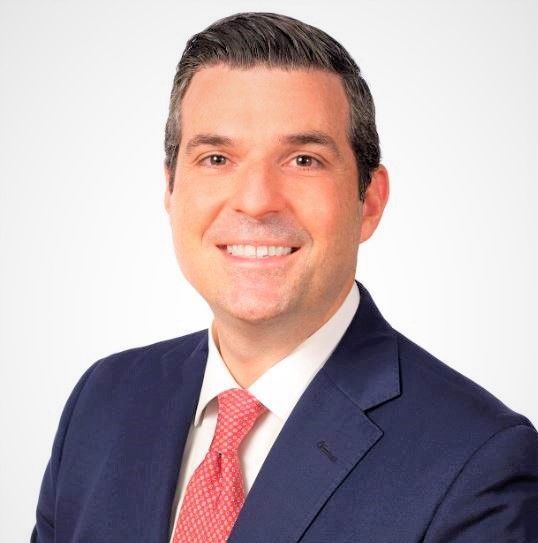Ask a School Insurance Underwriting Expert is a quarterly column addressing insurance and risk management related questions for ABACC members.
If you have a question for Kevin Beer, please submit it via email.

Ask a School Insurance Underwriting Expert is a quarterly column addressing insurance and risk management related questions for ABACC members.
If you have a question for Kevin Beer, please submit it via email.
Sexual misconduct falls into one of two categories, either quid pro quo, or hostile environment. Quid pro quo always involves a power imbalance, with the individual in a position of authority taking advantage of his or her higher status by requiring or implying that sexual favors will grant preferential treatment or the avoidance of punitive measures. In the case of a manager seeking favors from a subordinate, this may take the form of promises of advancement. Conversely, the subordinate may perceive the likelihood of punitive measures, such as being left off important committees, or the curtailing of flexibility needed to care for dependents with special needs, if they rebuff sexual or romantic overtures. In the case of a professor seeking favors from a student, the student may fear a diminished grade or the denial of an important recommendation letter resulting from their rejection of unwanted attention.
Hostile environments can result from peer-to-peer abuse in either the work or learning environment, or outsiders such as vendors engaging in unwanted behavior of a sexual nature towards a student or employee which the school fails to address once it is made aware. Examples of behavior that can create a hostile environment include sexual comments, jokes, gestures or repeated and unwanted overtures intended to gain attention or a date.
Claims related to sexual misconduct carry a high cost on many fronts. Aside from the toll it takes on the victim, schools often face significant consequences for their failure to maintain and enforce sanctions designed to prevent abusive behavior. Sexual misconduct, abuse and molestation claims are the current loss leader in the education space. One reason is the potentially qualitative assertions concerning the impact on the victim or, on the defense side, the assertion of contextual distinctions placing the engagement in arguably less serious terms. Unlike property claims which arrive at a fixed dollar amount for repair or replacement, these liability claims are driven by attorneys doing their best to either prove or disprove the claim. The claims can be drawn out over time and accrue significant expense for both settlement and defense costs. If the case is brought in front of a jury, recent trends indicate to potential for far larger awards than historical averages. In today’s parlance, these can assume the scale of a “nuclear verdict,” which can reach astronomical sums. Another concern is the damaged reputation that may accrue to the school for allowing the perceived existence of an environment conducive to exploitive behavior, exposing employees or students to elevated risk.
The first step is to have policies in place that convey the school’s commitment to maintaining an environment free from harassment. One such policy should pertain to employees and be included in the employee handbook. A separate policy must apply to students and be included in the school’s student handbook, with review of its provisions included as a component of new student orientations. Employees then must be trained on the contents of the policy, with clear examples of prohibited behaviors. Many colleges and universities now prohibit any romantic or sexual relationship between an employee and any student. Others choose to prohibit such relationships only where a professor or teaching assistant is in a supervisory role over a student. Students and employees alike need a clearly defined reporting mechanism. Once the report or complaint is received, schools must conduct a thorough and documented investigation and reach a determination in a timely manner. Conclusions may range from no prohibited behavior was found, to a clear violation of policy by the perpetrator. Consequences must comport with policy provisions in an appropriate fashion, up to and including termination, suspension or, in some circumstances, involving law enforcement.
In conclusion, sexual misconduct is among the most serious issues on a college or university campus. Concrete and defensible steps from policy development and training to investigation and enforcement are the keys to mitigating this ever-present risk.
About the Author: Kevin Beer is president of Wright Specialty Insurance, an underwriting manager of specialty insurance and risk management solutions for public and private universities, colleges and K-12 schools. Visit their website or call (877) 976-2111.
Association of Business Administrators
of Christian Colleges
4578 Hidden Ridge Drive
Hudsonville, MI 49426
(877) 303-8666
Fulfill your calling, solve challenges, and maximize resources to accomplish the mission of Christian higher education.